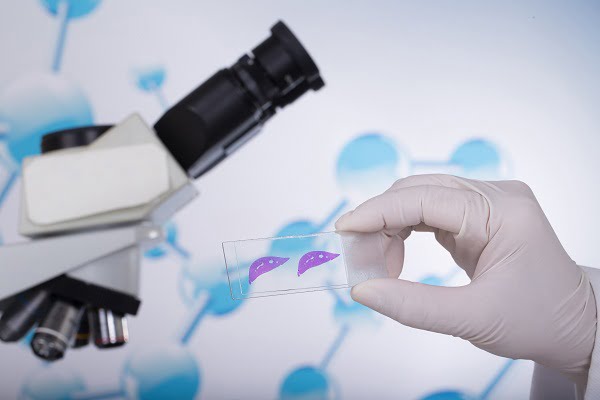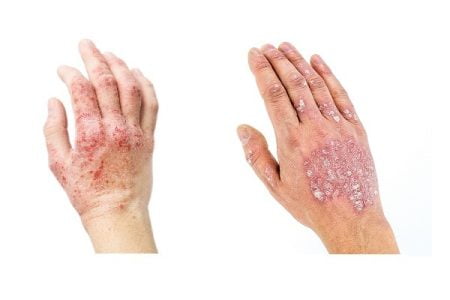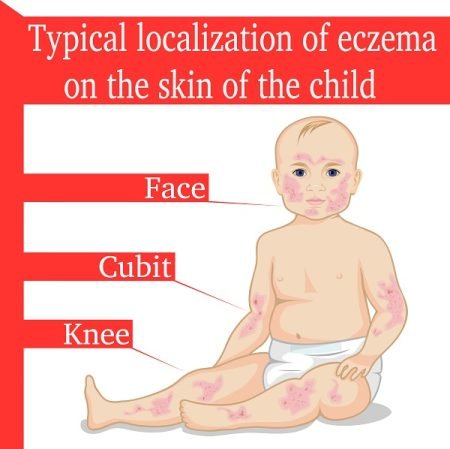Eczema Diagnosis
- Updated on: Jun 29, 2024
- 2 min Read
- Published on Apr 19, 2021

Primary diagnosis is, however, based on the patient’s symptoms. A couple of visits may be required before confirming if it is eczema or some other complication. Some individuals may also be referred to a specialist such as a dermatologist or allergist for further studies.
Do I have eczema?
In order to understand the causes of the symptoms, following details may be enquired by your doctor:
- Any previous history of asthma or allergic reactions
- Substances which irritate the skin
- Additional stress if any
- Use of any medicine or therapy
- Onset of symptoms
- Earlier treatment for skin problems
- Exposure to irritants or allergens
Tests for Eczema
Various blood and skin tests are done to support the diagnosis of eczema or detect other conditions that may otherwise result in eczema symptoms. Read about symptoms of eczema.
Blood tests
These include the tests for high levels of eosinophils that are part of an immune reaction, and high levels of the IgE antibody.
In eczema patients, these blood levels are higher as compared to normal levels.
Patch testing
Chemicals are placed onto the surface of the skin to test for skin allergies. Small patches of allergenic chemicals are placed on the skin surface and then removed for assessment. It is used to identify contact allergy to chemical sensitizers such as fragrances, metals, lanolin, and rubber.
Skin prick testing
A small amount of a suspected allergen pricks are made on the skin with a needle, in order to test for allergies that do not arise on the skin, such as pollen or food.
Supervised food challenges
Foods are removed from a particular diet and latter re-introduced into that same diet, to identify whether a food allergy is present.
Allergy skin testing
Skin prick tests can be done to common foods or inhalant allergens to show sensitization or lack of sensitization to specific allergens due to eczema.
Buccal swabs
The inner portion of your cheek can be swabbed to pick cells on a cotton swab as a source of DNA material to look for mutations in the filaggrin gene. This gene is considered to be one of the causes of eczema. Read about causes of eczema.
Tests for allergy challenge for eczema
If eczema is indicated in the physical examination and family history, your specialist may perform specific tests, called challenges, in order to detect if something in the patient’s surroundings or in food aggravates it.
Patients can then try to avoid these specific irritants. In case a food allergy is suspected, the specialist can recommend a food challenge too.












